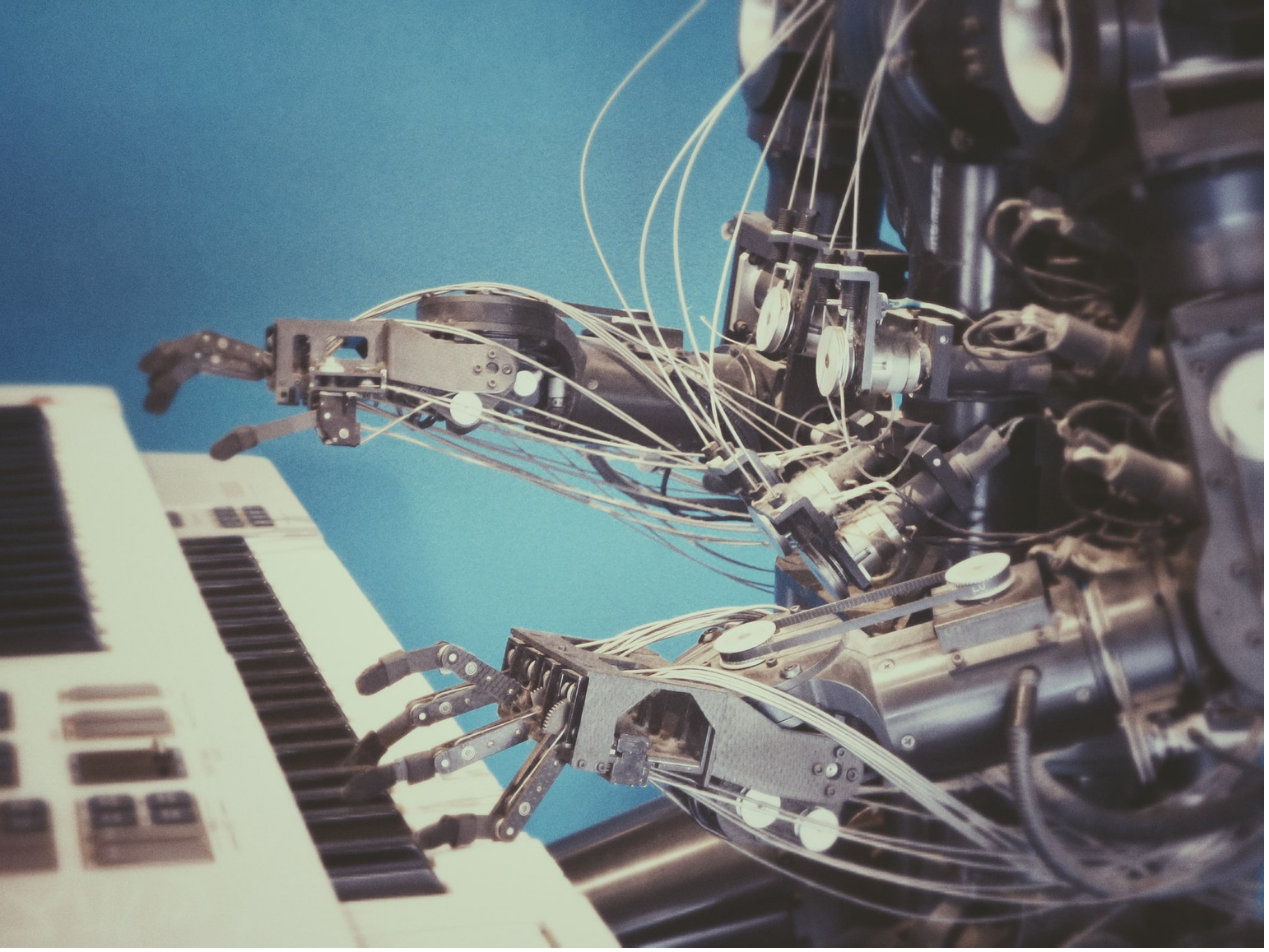
From HIPAA compliant email to AI-assisted clinician's notes, modern technology has developed to make the tasks associated with running an effective practice easier. This ease still comes with the inevitable responsibility to uphold the standards of HIPAA compliance that protect patient data. AI-generated therapy notes can potentially be HIPAA compliant, but there are several considerations and challenges to address.
The use of AI-generated in therapy practices
AI-generated therapy notes are automated, computer-generated summaries of therapy sessions created using AI technology. These notes capture the key points, insights, and progress made during therapy sessions.
In therapy practices, AI-generated notes offer significant advantages by saving therapists valuable time that would otherwise be spent on manual note-taking. They provide a concise and structured overview of the session, including details about the client's concerns, progress, and potential symptoms. Therapists can use these notes to enhance their record keeping, track client progress, and facilitate more effective treatment planning.
See also: A quick guide to using ChatGPT in a HIPAA compliant way
Can AI-generated therapy notes be HIPAA compliant?
AI-generated therapy notes may be HIPAA compliant. HIPAA compliance requires strict safeguards to protect the privacy and security of patient information. AI-generated notes must adhere to these regulations by ensuring that any Personally Identifiable Information (PII) is properly anonymized or de-identified to prevent unauthorized access or disclosure.
AI models do not inherently possess HIPAA compliance features; the healthcare organization and the AI solution provider are responsible for implementing appropriate measures to ensure compliance. This includes policies, procedures, technical safeguards to protect patient confidentiality, and thorough training for healthcare professionals.
Potential risks associated with AI-generated therapy notes
- Lack of context: AI models may not capture the full context of a therapy session, potentially leading to incomplete or inaccurate summaries.
- Accuracy and precision: The accuracy of AI-generated notes can vary, and there is a risk of details being omitted or misrepresented.
- Depersonalization: AI-generated notes may lack the personal touch and empathy that human therapists can provide in their notes, potentially affecting the therapeutic relationship.
- Ethical considerations: There may be ethical concerns related to the use of AI in therapy, particularly regarding patient consent and transparency about the use of AI-generated notes.
- Limited understanding: AI models lack deep domain knowledge, which can be a risk when dealing with complex psychological and emotional issues.
- Dependency: Overreliance on AI-generated notes might discourage therapists from actively engaging in the therapy process and developing their clinical skills.
- Data privacy: If the data used to train AI models is not properly anonymized or de-identified, there's a risk that sensitive patient information could be inadvertently included in the notes.
- Incompatibility with other data: AI-generated notes may not easily integrate with existing electronic health records (EHR) systems or other tools, creating data management challenges.
- Loss of therapeutic nuance: AI-generated notes may lack the nuanced understanding that human therapists have, potentially missing subtle emotional cues or progress indicators.
Data storage concerns
One of the primary concerns is the vulnerability of patient information. AI-generated therapy notes may contain sensitive PII, which, if not stored securely, can become a target for malicious actors. Data breaches can occur for various reasons, such as inadequate encryption, weak access controls, or vulnerabilities in the AI application.
Furthermore, the risk of unauthorized access or data leaks increases if the AI application is not updated regularly or lacks security protocols. AI apps often rely on cloud-based storage solutions, which, while convenient, can introduce additional risks if the cloud service provider does not adhere to strict security measures. The result is harm to the individuals whose data is exposed.
Considerations to ensure that AI is used in a HIPAA compliant way
Before using patient data in AI applications, ensure that all PII is removed or anonymized to prevent association with individual patients. This ensures that AI analysis is performed on de-identified data.
Furthermore, choose AI models that are explainable and transparent, especially in decision-making processes. Transparent AI algorithms help clinicians and healthcare professionals understand the reasoning behind AI-driven recommendations, building trust and acceptance.
Any AI model chosen should be assessed for any potential data-related biases, and IT staff should be in place to ensure that patient data is adequately assessed. If utilizing third-party vendors for AI solutions, ensure they are HIPAA compliant. Implement business associate agreements (BAAs) to hold vendors accountable for protecting patient data.
See also: Using AI in patient data analysis
Subscribe to Paubox Weekly
Every Friday we bring you the most important news from Paubox. Our aim is to make you smarter, faster.




